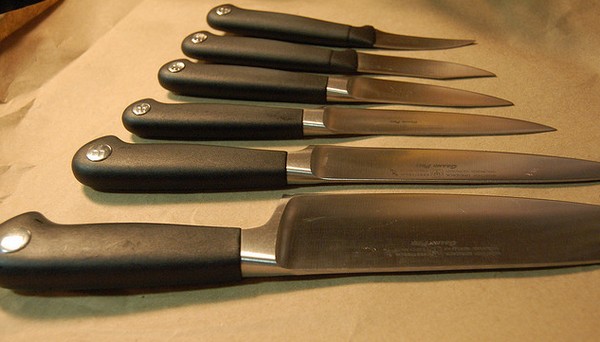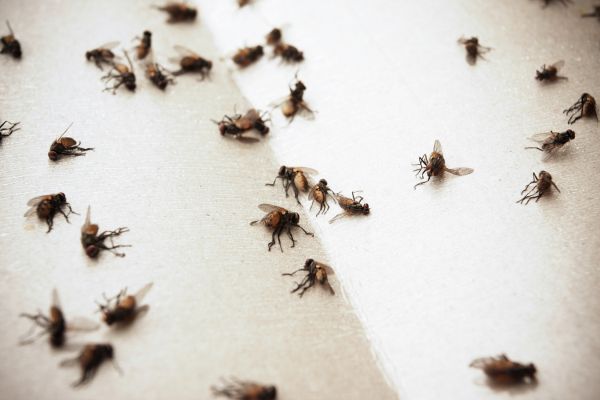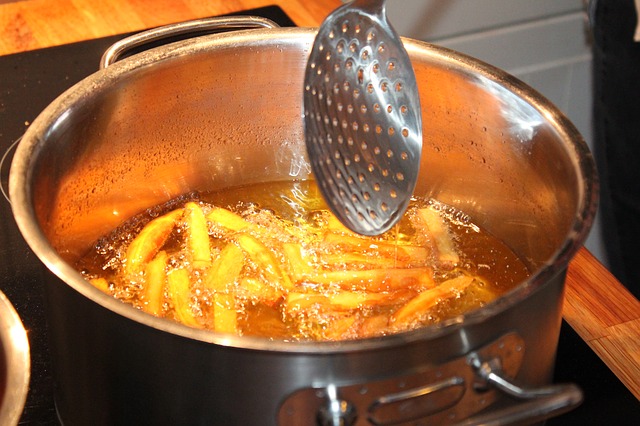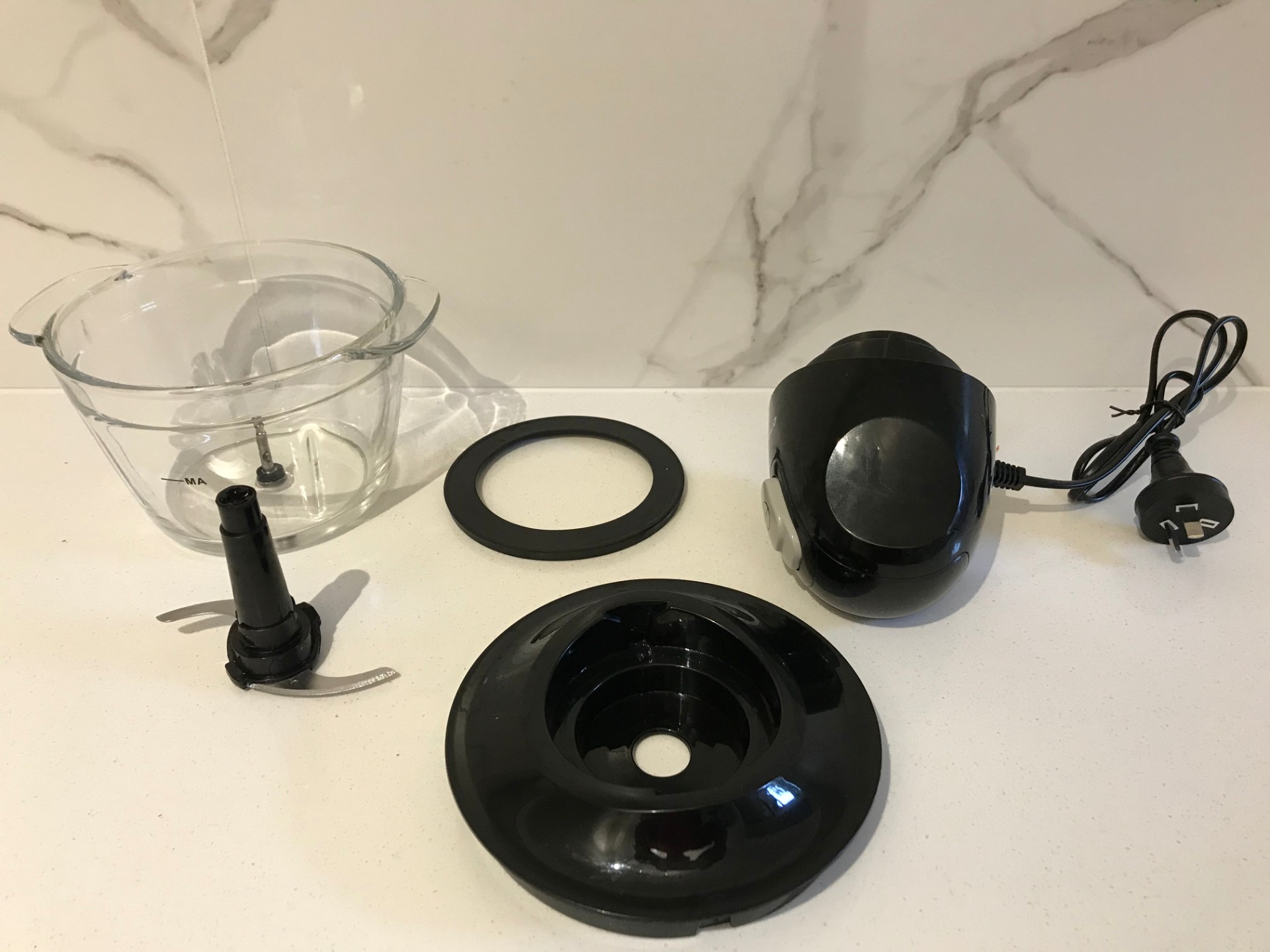No matter what quality of knife you buy or purpose it is intended for, taking care of it will make the sharp edge last a lot longer. Here are tips on caring for knives and extend its life as your companion in the kitchen.

1. Don’t use knives for other purposes
Knives should be used appropriately for slicing or chopping meat, vegetables and other cooking ingredients. Never use them as substitute to screwdriver or chisel to pry an aluminum can open or pierce soy sauce cap. Not only you’ll ruin your knife by bending and dulling the blade, you might end up getting hurt with a deep cut in your hand.
2. Wipe clean after use
Certain foods contain acids that could stain knives even those with “stainless” labels. Be sure to wipe knives clean with dry cloth after washing immediately after use. Doing so also prevents rust or molds that might form inside wooden block slots.
3. Storing knives
Proper storage is almost as important as the way you wash your knife. One of the most important considerations is that knife blades should not clash with each other or with other metal utensils. Otherwise, blades will easily dull or you might easily cut yourself while trying to grab for a cooking knife. For this reason, wooden knife blocks are a good way to store knives.
4. No knives in the dishwasher
If your knives have wooden handles, never put them in the dishwasher or even immerse them in a sink or container full of water. Continuous wetting and drying of wooden handles over time makes them crack eventually. Cleaning knives should simply be done by wiping them off with hot, soapy cloth and rinsing them under running water.
5. Washing and drying of knives
After washing, don’t put knives in a cramped drying rack with other silverware to dry, but lay them out on a dishtowel or hand dry them individually. Once knives are clean and dry, put them into a knife block or plastic sheath to protect them.
6. Use only wooden or plastic boards
Your kitchen knives will dull quickly when used against marble, metal, ceramic or glass surfaces. Softer cutting boards such as wood or plastic are better alternatives to preserve sharp knives.
7. Care for stainless steel knives
Don’t be mislead by the label “stainless steel” marked on sides of kitchen knives. This only means the knife will not rush in a humid environment and will resist various acids in daily use. But it doesn’t mean the knife is absolutely rust-proof. Proper usage, cleaning and drying are necessary to avoid corrosion in the long run.
8. Cutlery maintenance
Regular maintenance of your knives helps prolong their life that provides comfort to your cooking routines. Keep your knives sharp by keeping the edge of the blade aligned. Rinse and wipe immediately after each use. Store them in knife blocks or drawer away from moisture and humidity.




